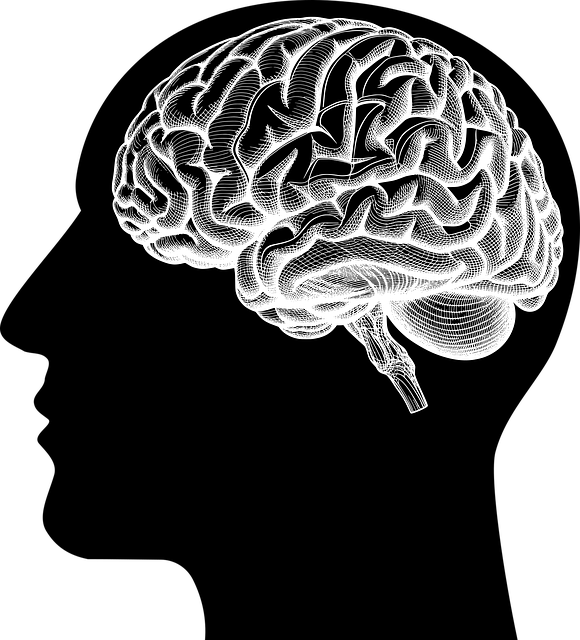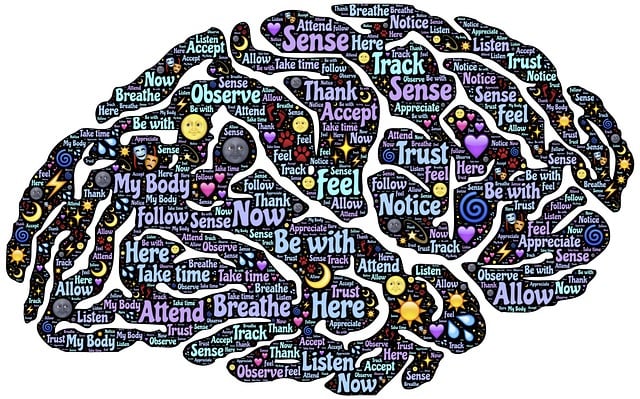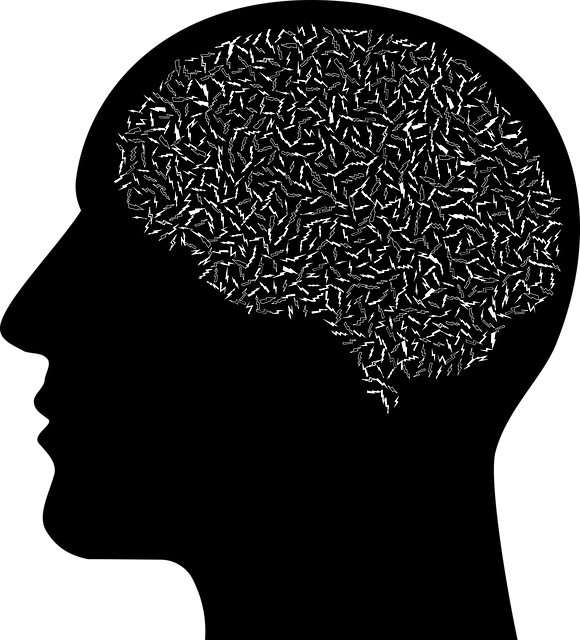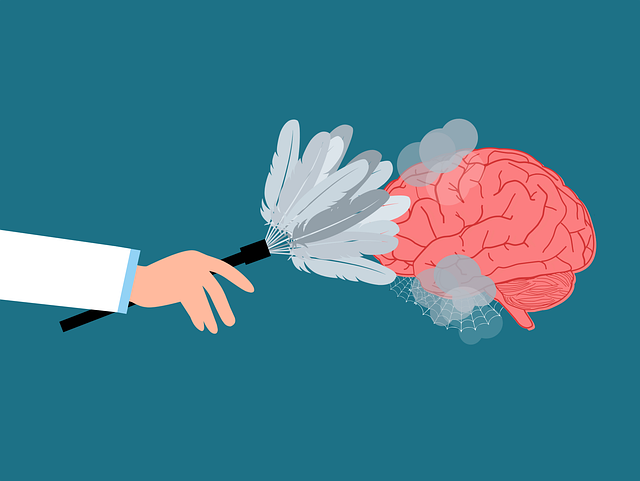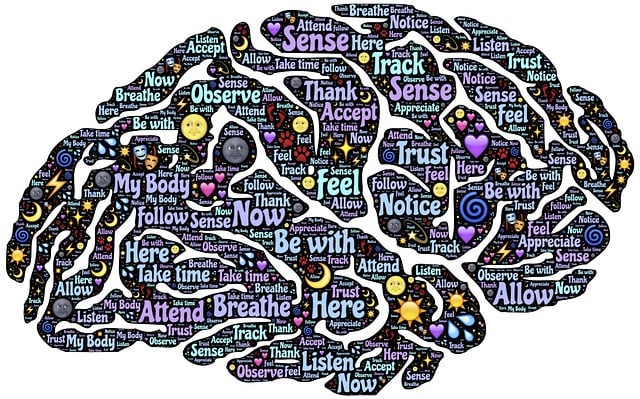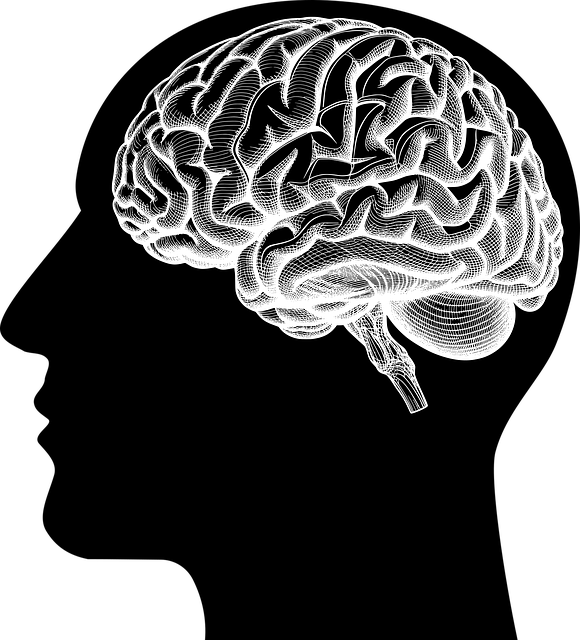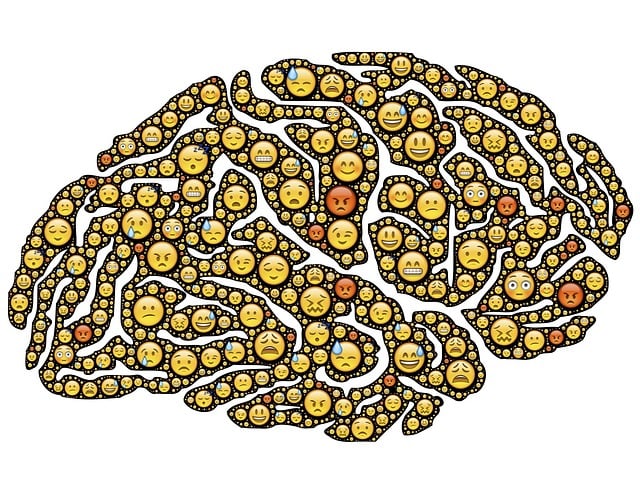Evaluating mental wellness program effectiveness is vital for driving informed improvements and ensuring positive outcomes. Researchers can assess emotional intelligence changes through pre- and post-program measurements, participant feedback, and risk assessment tools specific to programs like Superior Anger Management Therapy. A holistic approach, focusing on both immediate and long-term impacts, tracks participants over extended periods to gauge sustainability of skills development and self-care practices integration. Continuous improvement using feedback and data enables programs, such as Superior Anger Management Therapy, to refine approaches and better serve evolving needs.
Mental wellness programs play a vital role in enhancing individuals’ lives, but evaluating their effectiveness is crucial. This article explores comprehensive methods for assessing the success of such programs, focusing on anger management therapy as a case study. We delve into metrics to measure program effectiveness, participant feedback strategies for engagement, and long-term impact techniques to foster continuous improvement. By examining these aspects, we aim to provide insights into optimizing mental wellness initiatives, particularly in superior anger management therapy.
- Assessing Program Effectiveness: Methods and Metrics
- Participant Feedback and Engagement Strategies
- Long-term Impact and Continuous Improvement Techniques
Assessing Program Effectiveness: Methods and Metrics

Evaluating the effectiveness of a mental wellness program is paramount to understanding its impact and making informed improvements. One crucial method involves assessing changes in participants’ emotional intelligence, as enhanced emotional awareness and regulation are hallmarks of many therapeutic interventions. By measuring pre- and post-program emotional intelligence through validated scales, researchers can gauge improvements in self-perception, empathy, and stress management skills.
Additionally, metrics such as anxiety relief, as measured by standardized questionnaires, provide quantitative data on the program’s success in alleviating symptoms of common mental health concerns. For specific programs like Superior Anger Management Therapy, tailored risk assessment tools for mental health professionals can be employed to evaluate the program’s effectiveness in mitigating anger-related issues and promoting healthier coping strategies. These comprehensive approaches ensure that mental wellness programs are not only meeting but exceeding expectations in fostering positive mental health outcomes.
Participant Feedback and Engagement Strategies

Participant feedback is an invaluable tool when evaluating mental wellness programs, especially those focused on superior anger management therapy. Encouraging open communication allows individuals to share their experiences and provide insights into the program’s effectiveness. This qualitative data offers a deeper understanding of participants’ emotional journeys and the impact of specific techniques. For instance, self-awareness exercises can be enhanced based on feedback, making them more engaging and tailored to individual needs.
Engagement strategies play a pivotal role in keeping participants invested in the program. Incorporating interactive elements, such as group discussions or creative activities, can foster a sense of community and improve overall engagement. These approaches not only facilitate stress reduction methods but also promote burnout prevention strategies for healthcare providers by creating a supportive environment. By actively involving participants and considering their feedback, mental wellness programs can continually evolve to better serve those seeking improved emotional well-being.
Long-term Impact and Continuous Improvement Techniques

Evaluating mental wellness programs goes beyond immediate outcomes; it’s crucial to assess their long-term impact on participants’ lives. By tracking individuals over an extended period, researchers and practitioners can gauge the sustainability of program effects. This includes measuring how well participants maintain newly acquired coping skills development, emotional regulation, and self-care practices as they integrate these into their daily routines.
Continuous improvement is a key aspect of this process. Using feedback from participants and ongoing monitoring data, programs can identify areas needing refinement. Incorporating evidence-based techniques like superior anger management therapy, for instance, allows for refining approaches to better serve individuals’ evolving needs. This iterative process ensures the program remains effective and responsive in fostering long-term mental wellness.
Evaluating mental wellness programs is a multifaceted process, encompassing effectiveness assessment, participant engagement strategies, and long-term impact measurement. By employing robust methods such as evidence-based metrics and qualitative feedback, organizations can ensure that initiatives like Superior Anger Management Therapy remain impactful and adaptive. Continuous improvement techniques further enhance these programs, allowing for ongoing refinement based on both quantitative data and personal narratives of participants. This holistic approach ensures mental wellness support remains not just effective, but also relevant and engaging over time.
